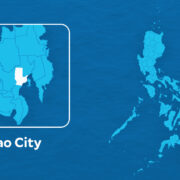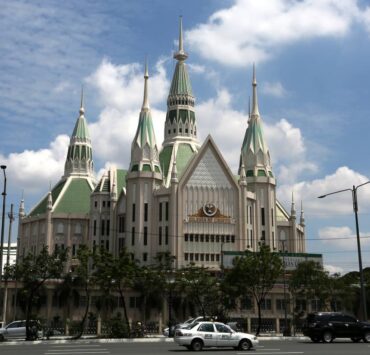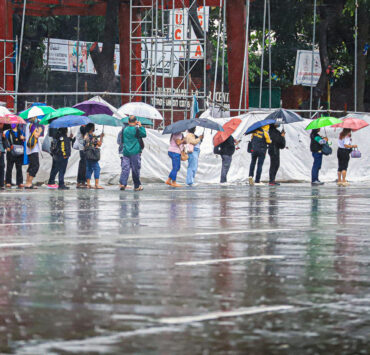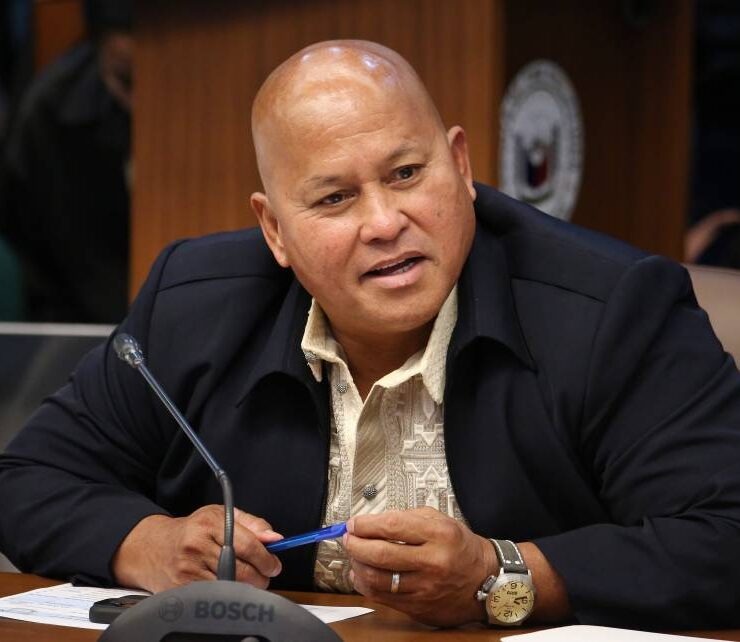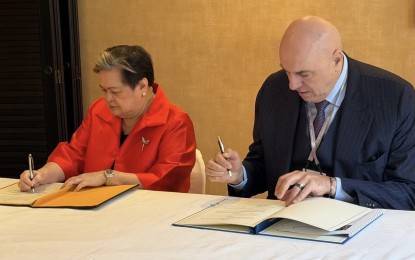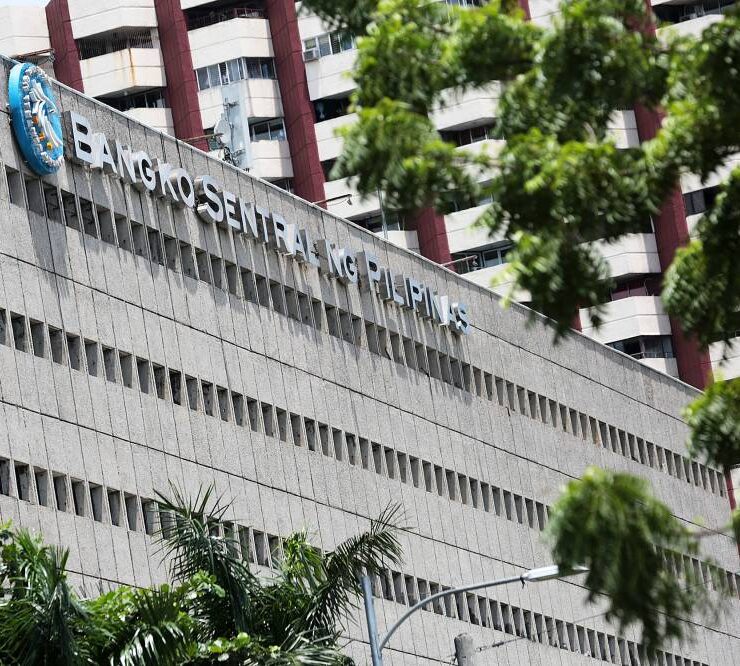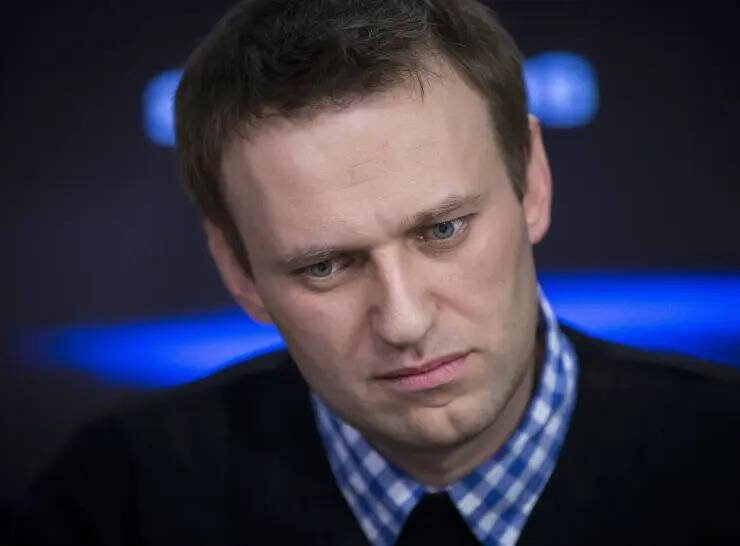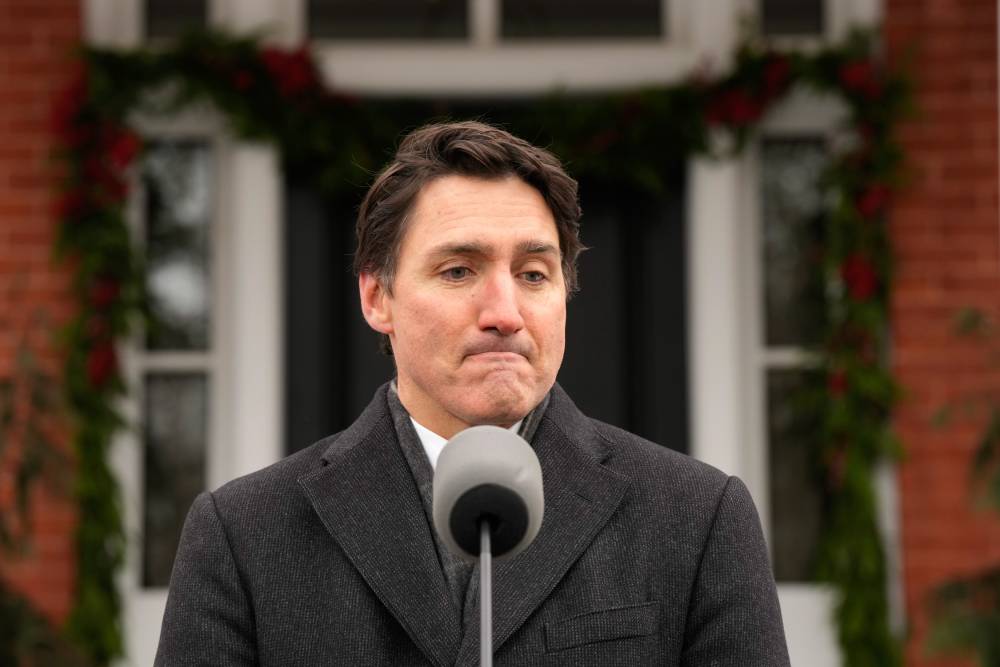
OTTAWA—The term “political rock star” has not been applied to many Canadian leaders, but when Justin Trudeau stormed into office in a 2015 landslide election, it appeared to fit.
Now, more than nine years after he initially wooed voters with a progressive agenda, Trudeau is leaving office, forced out by former Liberal party allies while being mocked by incoming US President Donald Trump.
Trudeau on Monday said he would step down in the coming months after nine years in power, bowing to pressure from lawmakers alarmed by his Liberal Party’s miserable showing in preelection polls.
A subdued Trudeau, among the most prominent progressive leaders in the world, told a press conference that he would stay on both as prime minister and Liberal leader until the party chooses a new chief within months.
Parliament suspended
“This country deserves a real choice in the next election, and it has become clear to me that if I’m having to fight internal battles, I cannot be the best option in that election,” Trudeau said.
He also announced parliament would be prorogued, or suspended, until March 24.
That means an election is unlikely before May at the earliest, so Trudeau will remain in charge—at least initially—of dealing with the threat of crippling tariffs once Trump takes office on Jan. 20.
The next election must be held by Oct. 20 and polls show voters angry over high prices and a shortage of affordable housing will elect the opposition Conservatives and hand the Liberals a resounding defeat, no matter who leads the party.
Hope, ‘sunny ways’
Trudeau, 53, took office in November 2015 with a message of hope and “sunny ways” and won reelection twice, becoming one of Canada’s longest-serving prime ministers and winning plaudits from progressives for his focus on gender parity policies.
But his popularity started dipping two years ago as prices of groceries and housing rose in the post-Covid period, and his fortunes never recovered.
“Trudeaumania” was first used to describe reaction to Trudeau’s father, Pierre Elliott Trudeau, who became a global celebrity when he led Canada through in the late 1960s and 70s, dating Barbara Streisand and developing a friendship with Fidel Castro.
The phrase resurged when Justin Trudeau—who had previously been a snowboard instructor, bartender, bouncer and teacher—rose to the top of Canadian politics.
“Why can’t he be our president?” Rolling Stone magazine asked on a 2017 cover, six months into Trump’s first term.
Trudeau’s positions seemed well pitched to left-of-center voters in Canada and beyond.
He promised action on climate change and a defense of indigenous and refugee rights.
When asked why he prioritized gender parity in his first Cabinet, Trudeau famously replied, “because it’s 2015.”
When he traveled abroad, young people lined up for selfies.
Short-lived honeymoon
“Canada is back!” he declared after ousting an entrenched Conservative prime minister, the unquestionably less glamourous Stephen Harper, in 2015.
Within Canada the honeymoon was short-lived.
There were steps that pleased supporters, like a public inquiry into missing and murdered indigenous women, legislation permitting medically assisted suicide, and the legalization of cannabis.
But on core issues like climate change and reconciliation with indigenous communities, Trudeau “has not been the reformer that many had hoped for,” said Maxwell Cameron, a political science professor at the University of British Columbia.
Trudeau was narrowly reelected to lead minority governments in 2019 and 2021.
“He probably stayed in power for a year too long,” said Genevieve Tellier, a political science professor at the University of Ottawa.
She added that the disappointment engulfing Trudeau was so acute because he “promised so much.”
Trump threat
Trudeau has three children and announced his separation from his wife Sophie Gregoire in 2023.
On Monday, he credited his family for his successful career in politics, which began when he was elected to parliament representing a working class Montreal neighborhood in 2008.
As Liberal party critics came forward this year, Trudeau initially resisted calls to go.
Opinion polls show the Liberals trailing the Conservatives, but Trudeau voiced confidence that once an election campaign got underway Canadians would sour on Tory leader Pierre Poilievre.
But in December he suffered a blow that appeared conclusive.
His longtime ally, Finance Minister and Deputy Prime Minister Chrystia Freeland resigned, issuing a scathing letter that accused Trudeau of placing his political goals above the public good.
She charged that instead of preparing Canada’s finances to withstand the potentially crushing impact of 25 percent import tariffs threatened by Trump, Trudeau was focused on costly vote-buying gimmicks, like a Christmas tax holiday.
‘Governor’
While threatening tariffs, Trump has called Trudeau the “governor” of what he described as the US state of Canada, and mused about annexing the vast country.
Freeland’s resignation seemed to break a dam of Liberal party dissent.
On Monday Trudeau said he would resign as prime minister as soon as a new Liberal leader is chosen, a process that could take months.
AFP is one of the world's three major news agencies, and the only European one. Its mission is to provide rapid, comprehensive, impartial and verified coverage of the news and issues that shape our daily lives.
Reuters, the news and media division of Thomson Reuters, is the world’s largest multimedia news provider, reaching billions of people worldwide every day. Reuters provides business, financial, national and international news to professionals via desktop terminals, the world's media organizations, industry events and directly to consumers.













